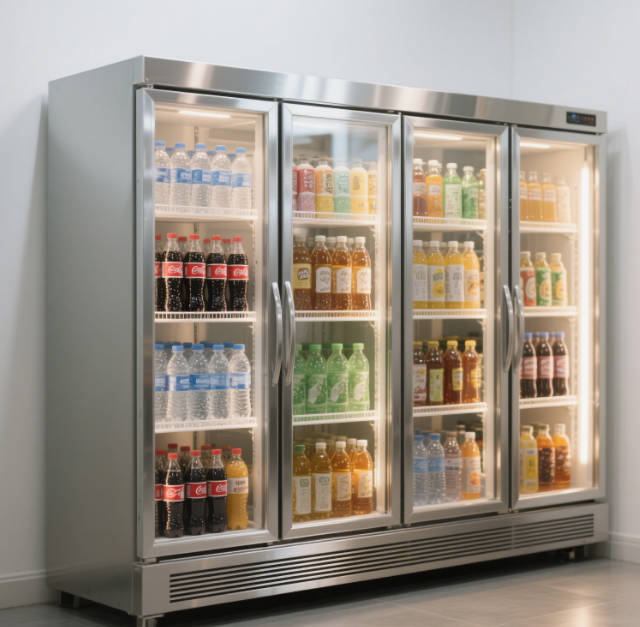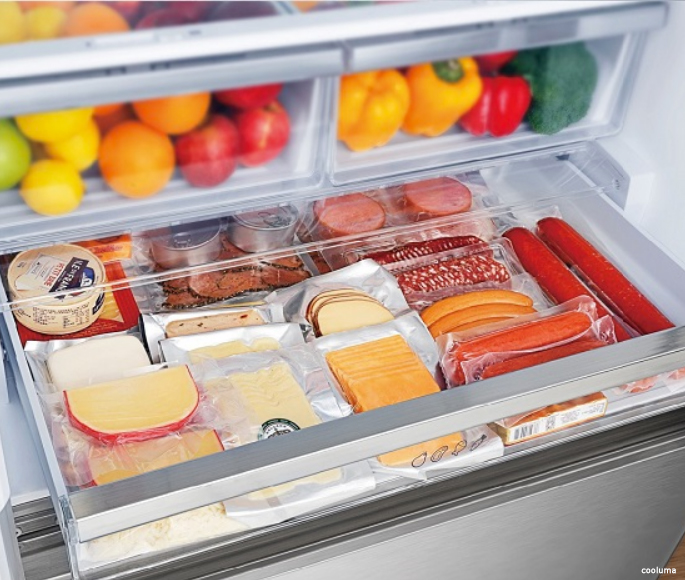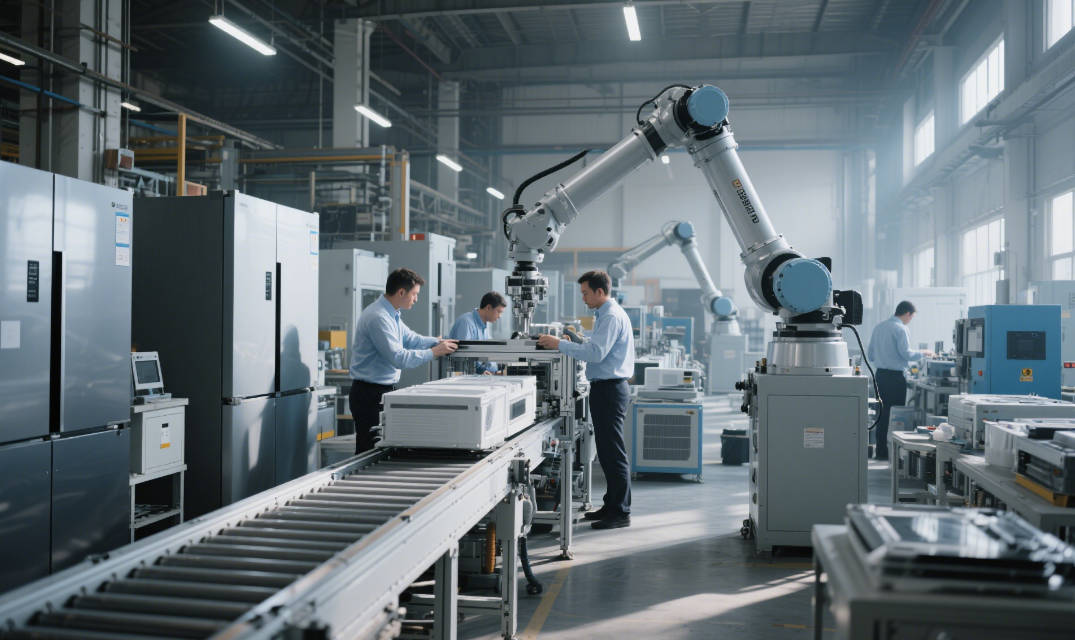
When it comes to enhancing the retail experience and ensuring product quality, custom beverage coolers play a pivotal role. These refrigerated showcases are not just storage units; they are a brand's visual identity and a crucial element in maintaining the integrity of the beverages they hold. Here are several key points to consider when embarking on the design of a custom beverage cooler.
Temperature Control
Temperature is paramount in beverage storage, particularly for products like beer and wine that have specific temperature requirements. Your cooler design must incorporate precise temperature control mechanisms to ensure that the beverages remain within their optimal serving range. This might involve the use of advanced refrigeration systems and sensors that can maintain consistent temperatures regardless of external conditions.
Energy Efficiency
As environmental concerns grow, energy efficiency has become a significant factor in appliance design. Custom coolers should be designed with energy-saving features, such as LED lighting and eco-friendly refrigeration systems. This not only reduces operational costs but also aligns with consumer preferences for sustainability.
Visibility and Accessibility
The design should prioritize visibility, allowing customers to easily see and access the products. This might mean using clear glass doors, strategic lighting, and a layout that showcases a variety of beverages. Additionally, consider the height and reach of your target customers to ensure that all products are within easy reach.
Branding and Aesthetics
A custom cooler is an extension of your brand. The design should reflect your brand's identity, from color schemes to the overall aesthetic. This is your chance to make a statement and create a memorable shopping experience. Consider how the cooler will fit into your store's decor and how it can enhance your brand's image.
Maintenance and Durability
Durability is key when it comes to commercial appliances. Your cooler should be designed to withstand daily use and regular cleaning. Materials should be robust and easy to maintain, reducing the need for frequent repairs or replacements. This also extends the life of the cooler and provides a better return on investment.
Compliance with Regulations
Lastly, ensure that your cooler design complies with all local and international regulations regarding refrigeration, safety, and energy efficiency. This not only protects your business from legal issues but also reassures customers that your products are stored and dispensed in a safe and responsible manner.





This batch of products seems to be of good quality.